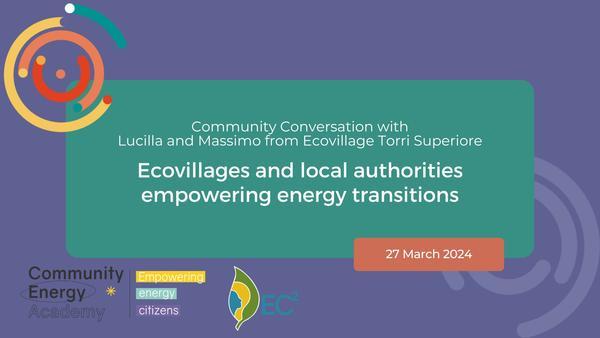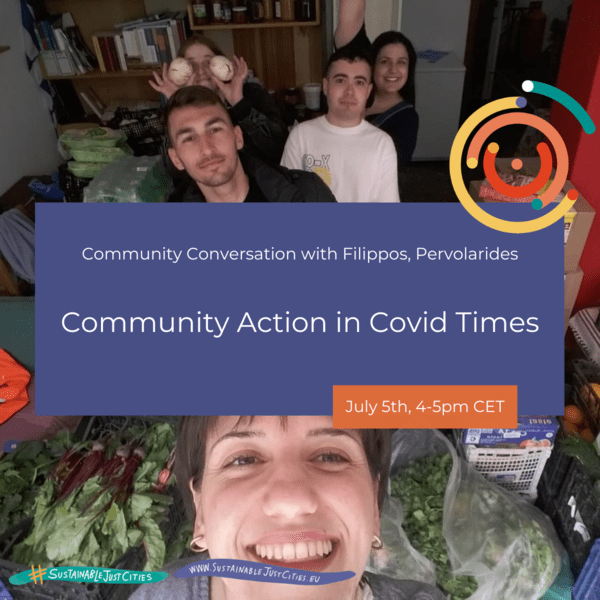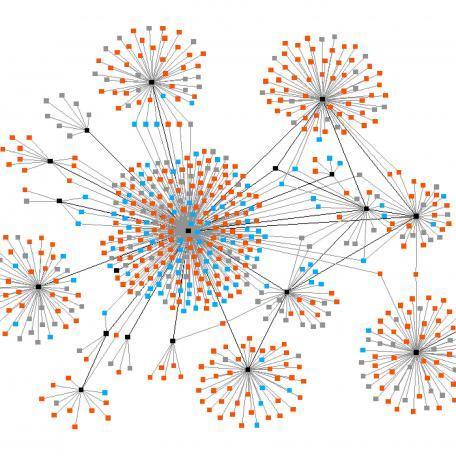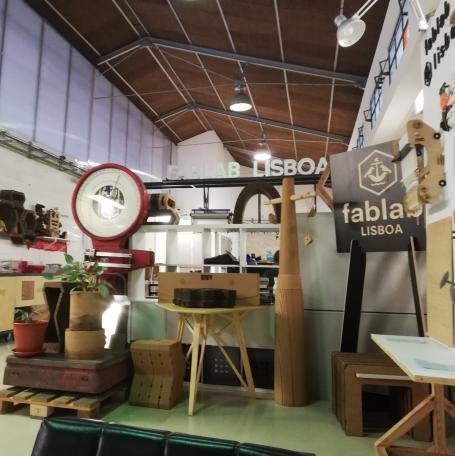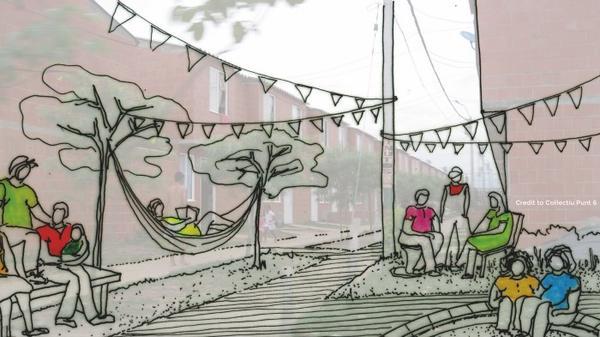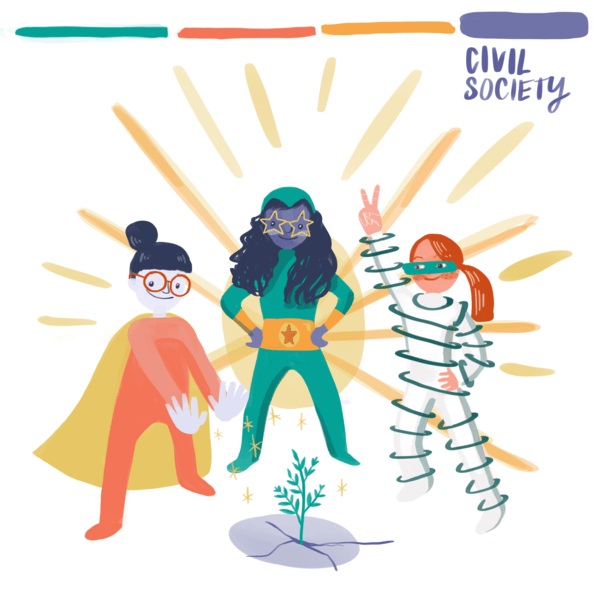
Anybody can be a change-maker in their community
#CivilSociety
Sustainable and just cities support spaces and processes that empower civil society. Grassroots initiatives and other civil society groups and individuals are at the forefront of demands for sustainability and justice. Using their grounded and place-specific experiences, they address issues relating to social inequality, exclusion and injustice alongside ecological unsustainability, often highlighting health, security, livelihoods and other at-risk considerations for the well-being of vulnerable populations.
Inspirational example
Communities lead neighbourhood transformation, Lisbon
Civil society action has begun to transform the neighbourhood of Marvila in Lisbon, previously a long-neglected part of an industrial port area.
Two local actors, 4Crescente - a community network of 4 neighborhoods - and a non-profit association Rés do Chão (Ground Floor), combined their powers in 2019 to create a community-led project Transformar Marvila com Jardim e Ciclovias (Transforming Marvila with parks and bikeways). This project came as an alternative to the city council’s proposal for more housing blocks. The community wanted amenities such as parks, play areas, gardens and bike lanes, comparable to those found elsewhere in the city. Thanks to local community organising, an urban design project is now underway to turn seven hectares of vacant public land into a city-scale public park. Initial ideas came from the neighbourhood, limited resources came from community groups and a community representative is part of the jury to select the final project in an architectural competition.
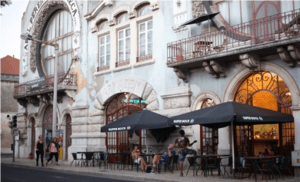
Avenues for action
You might be wondering, what everyday actions can I take to put all this theory into practice? Take a look at the avenues for action, below, for some practical guidance.

